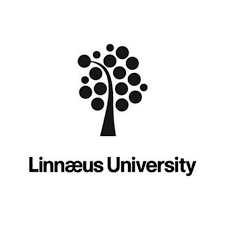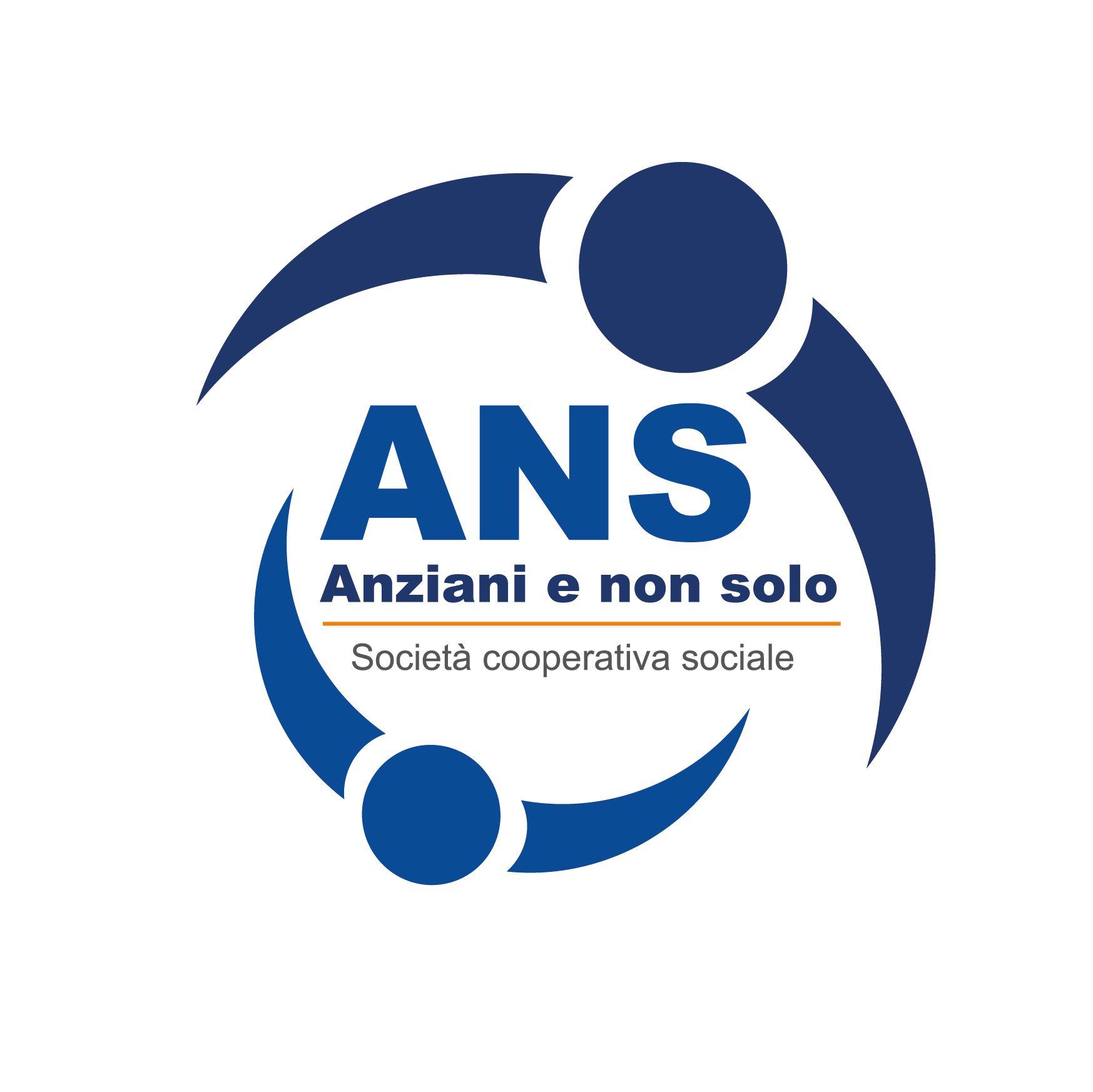Linnaeus University (Sweden)
Linnaeus University (Lnu) offers over 200-degree programmes and 1500 single-subject courses. Research at Linnaeus University is carried out at local, regional, national and international levels and research results have been recognized at all levels, with an increasing number of funded projects available. Prominent areas include research from health sciences, discrimination and integration, ecology and evolution to postcolonialism, intermediality, bioscience and big data. Linnaeus University is a higher education institution with 2,100 employees and more than 44,000 students and the university is a modern university, with Småland as its base and the world as its stage. Students acquire new knowledge and learn to have an inquisitive, analytical approach.
European Centre for Social Welfare Policy and Research (Austria)
The European Centre is an intergovernmental organisation affiliated to the United Nations and based in Vienna, Austria. Our purpose is to foster collaboration in social welfare policies between governments and relevant stakeholders by providing applied social science and comparative empirical research, to forge the evidence-base for social policy-making and mutual learning, and to initiate future-oriented public policy debates. We are an interdisciplinary team of researchers and policy analysts with different academic background such as economics, sociology, health policy, social policy, and political sciences. We have extensive expertise in the areas of ageing, health and long-term care, and more specifically, rights of older persons and of people with disabilities, quality of care work and working conditions in the long-term care sector. Based on broad collaboration with both national and international partners, we have a significant track-record in leading and carrying out research projects, consultancy and tailor-made training. Apart from numerous publications, our activities have resulted also in policy development and implementation at national, regional and international levels.
Jade yhteisö ry (Finland)
Jade yhteisö is a third sector association for aging foreign language speakers in Finland. We promote well-being, inclusion, and participation of older people with migrant background. We implement age-friendly and peer-based group activities and do social advocacy work to secure the equality of aging people from diverse backgrounds.
The association organizes activities in JADE Activity Centre which offers low-threshold group activities for people, over 50 years of age, who come from countries outside of Europe. The aims of the activities are to prevent challenges that ageing creates as well as promote participation, and holistic well-being of older people. At the core of the activities are peer support groups, where the group members can share their own experiences and discuss confidentially in their own mother tongue. Currently there are groups in Arabic, Dari, Persian, Kurdish, Mandarin Chinese, Somali, Vietnamese, and clear Finnish. JADE also offers service guidance to support older people to get services they need from the public sector.
JADE yhteisö does advocacy work to promote the rights of older migrants in the Finnish society. JADE provides diverse sensitive trainings for social and health care organizations and students as well as to older people care service providers. JADE also organizes different kinds of events, panel discussions & seminars.
HOGESCHOOL GENT (Belgium)
The research centre 360° Care and well-being of HOGENT focusses on applied multidisciplinary research to enhance quality and sustainability of care. Research projects are characterized by a ‘360° systemic approach’ and focus on the interplay between persons in need of care (person-centred care), networks of formal and informal caregivers (network-centred care), as well as the environment in which care takes place. In many projects, IT is integrated as a facilitator for quality of care. Two recurring elements characterize our research: the development and evaluation of methodologies and practical tools and the multidisciplinary approach. The research centre works closely with (associations of) persons with care and support needs and their networks, the work field and policy makers.
Anziani e non solo (Italy)
ANS is an NGO located in Carpi (Northern Italy) and funded in 2004 with the goal to promote interventions in the field of social innovation, with a specific focus on management of projects and realization of services and products in the field of welfare and social inclusion.
The activities carried out by Anziani e Non Solo concern different social domains, such as:
- Training and support to family carers, informal and formal/ adult and young carers
- Support to social and professional inclusion of migrants and asylum seekers, with a specific focus on migrant women
- Active ageing, intergenerational activities and support to frail and dependent elderly
- Support and empowerment of disadvantaged
young persons: skills development, social inclusion and school to work transition - Prevention of elder abuse and discrimination






